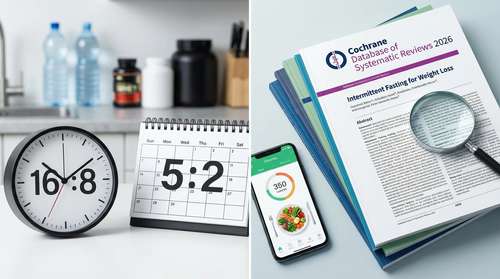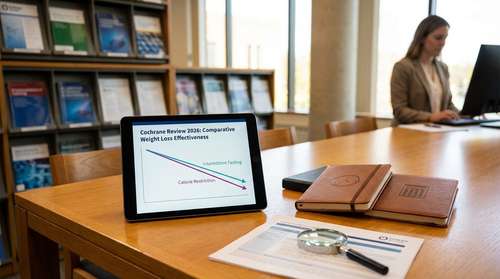If you have diabetes, you know how important it is to keep your blood sugar levels in check.
While you may think of fruits as being loaded with sugar, avocados are actually a diabetic-friendly option that can help regulate those rising numbers. Let me explain why this creamy green fruit is a smart choice.
What Makes Avocados Different?
Most fruits are carb-heavy, but avocados are unique in that they're packed with healthy monounsaturated fats instead.
These "good" fats actually help slow digestion, preventing blood sugar spikes after meals.
Avocados get their creamy texture from these fats rather than carb-laden starches.

Studies have shown that eating half an avocado at lunch can help overweight people feel fuller for longer without causing a jump in blood sugar levels compared to a standard lunch without avocado.
The reason? Avocados are also loaded with fiber - about 10 grams per fruit! That soluble fiber helps slow the absorption of other carbs you eat, keeping blood sugar more stable.
More Avocado Benefits
Beyond helping manage diabetes, avocados provide a ton of other nutrients that are great for overall health.
They're an excellent source of potassium which is key for heart function and muscle contractions.
You'll also get vitamins C, E, K, and B6 plus minerals like magnesium, riboflavin, and folate to support your immune system and many other processes.
While avocados are very nutritious, they are also high in calories from all those healthy fats and should be consumed in moderation.
Nutritionists typically recommend sticking to about a half to a whole avocado per day, depending on your individual calorie needs.
This allows you to get the benefits while avoiding excessive calorie intake that could lead to weight gain and worsen diabetes management.
How to Pick And Use Avocado
For maximum nutrition and flavor, you'll want to choose avocados that give just a bit when gently squeezed - that slight softness means they're ripe and ready to eat!
If you buy firm, unripe avocados, you can speed up the ripening process by putting them in a brown paper bag with an apple or banana for a couple days. The fruits release a natural ripening gas that helps soften the avocados.
Once ripe, it's best to store avocados in the fridge to slow down further ripening and keep them fresh for longer. They're super versatile in the kitchen.
You can mash them for guacamole, slice them onto salads or sandwiches, or just eat them on their own, sprinkled with a touch of salt, pepper, and maybe a squeeze of lime juice.
Their mild flavour makes them easy to add to smoothies and shakes, too.
Thus, For diabetics, avocados make a great addition to a balanced diet.
Their healthy unsaturated fats, soluble fiber, and dense nutrient profile all help stabilize blood sugar levels while offering heart health benefits too. Just be sure to watch your portions and practice moderation.
A Healthy Diet Is Crucial
When you have diabetes, the foods you eat impact how well you feel and how controlled your condition is overall.

Choosing a diet with foods that don't drastically spike blood sugar levels - like nutrient-dense avocados with low carbs and healthy fats - can help avoid complications down the road. The fiber advantage helps too by slowing carb absorption.
But before making any major overhauls to your eating habits, it's wise to consult your doctor or a registered dietitian.
While avocados are very nutritious, their calorie content must fit your individualized goals and eating plan.
Depending on your needs, you may need to swap avocados for other calorie sources like cheese, mayo, butter or other fats.
Diabetes organizations actually recommend unsaturated fat sources like avocados rather than saturated animal-based fats or trans fats from fried and processed foods. So, by reaching for avocados, you're making a smart swap.
In summary, don't overlook avocado! Its unique nutrient profile with good fats, fiber and antioxidants makes it a delicious and natural way to help keep individuals diabetes well-managed.




